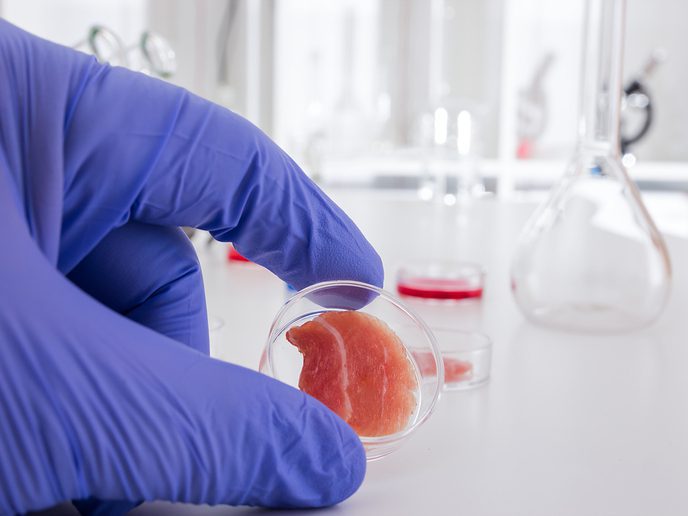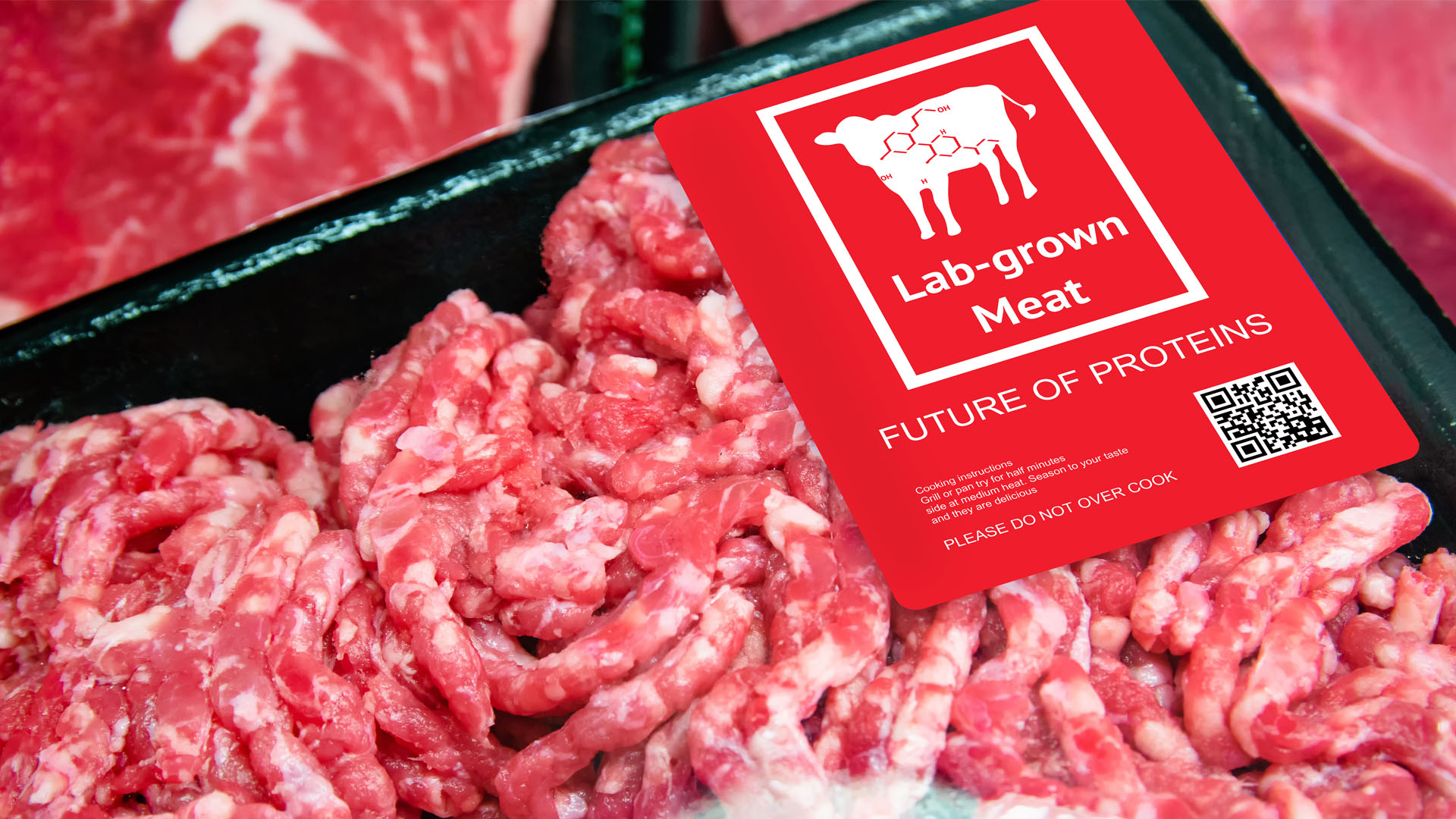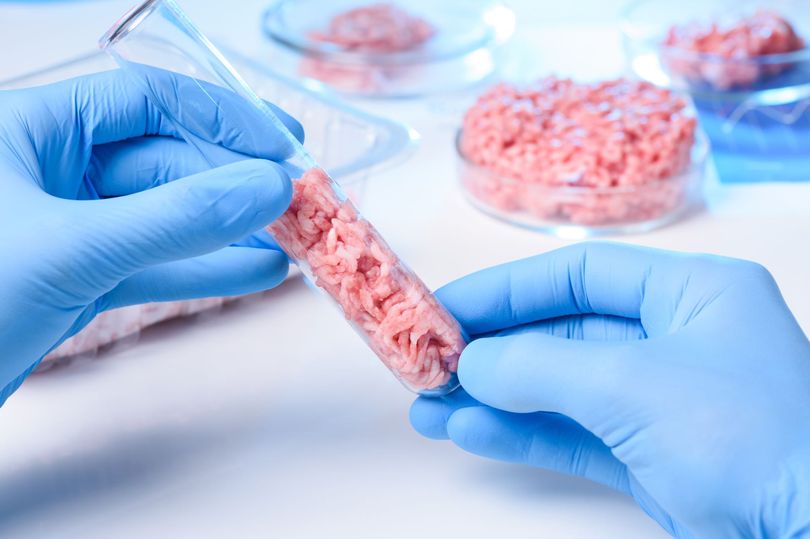By Brittany Poulson, MDA, RDN, CD, CDCES
Medically reviewed by Elizabeth Barnes, RDN
A vegan diet is an eating pattern based solely on plant foods and avoids all foods from animal sources. Veganism has risen in popularity recently due to ethical, environmental, and health concerns.
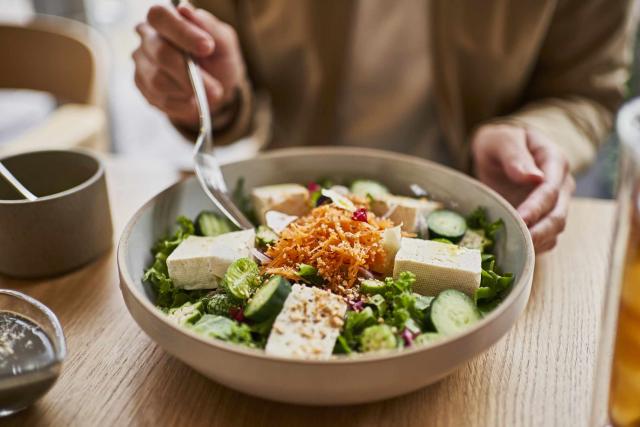
The diet has health benefits for many people, but a diet based entirely on plants could lead to nutrient deficiencies, which can be harmful to some. This article will cover everything you need to know to follow a vegan diet while keeping your health in mind.
What Is a Vegan Diet?
A vegan diet is an eating pattern based solely on plant foods and avoids all foods from animal sources, including meats, poultry, dairy, fish, shellfish, and eggs. Grains, fruits, vegetables, beans, nuts, seeds, and plant oils may be included.
Foods to Eat
A vegan diet is not limited to only a few foods. Many delicious and nutritious foods may be consumed on a vegan diet, including:

- Tofu, tempeh, seitan: Made from soybeans, these are a good source of plant-based protein.
- Legumes, beans, lentils: Black, kidney, lima, or pinto beans, peas, chickpeas, and others provide nutrients such as iron, B vitamins, magnesium, fiber, and protein.
- Nuts: Almonds, walnuts, pecans, cashews, pistachios, peanuts, and more provide healthy fats, fiber, and protein.
- Seeds: Chia, sunflower, pepita (pumpkin seeds), flaxseed, and others provide healthy fats, fiber, and protein.
- Plant milk and yogurt (calcium-fortified, if possible): These may be made from sources such as soy, rice, almond, cashew, coconut, or oats.
- Plant-based oils: Olive, avocado, vegetable, canola, corn, peanut, coconut, or sesame are some of the options.
- Algae: Edible varieties include chlorella, seaweed, spirulina, and sea moss.
- Nutritional yeast: This vegan source of vitamin B12 is generally sold as a powder or flakes to be added to foods.
- Whole grains, cereals, rice, breads: Whole wheat bread, corn or whole wheat tortillas, brown rice, quinoa, whole wheat, or legume-based pasta are some options. However, they must be made without eggs, dairy products, or animal fat.
- Sprouted and fermented plant foods and beverages: These include natto, miso, sauerkraut, and kombucha.
- Fruits and vegetables: Berries, apples, pears, bananas, avocados, tomatoes, leafy green vegetables, root and starchy vegetables, potatoes, and more are all included in a vegan diet.
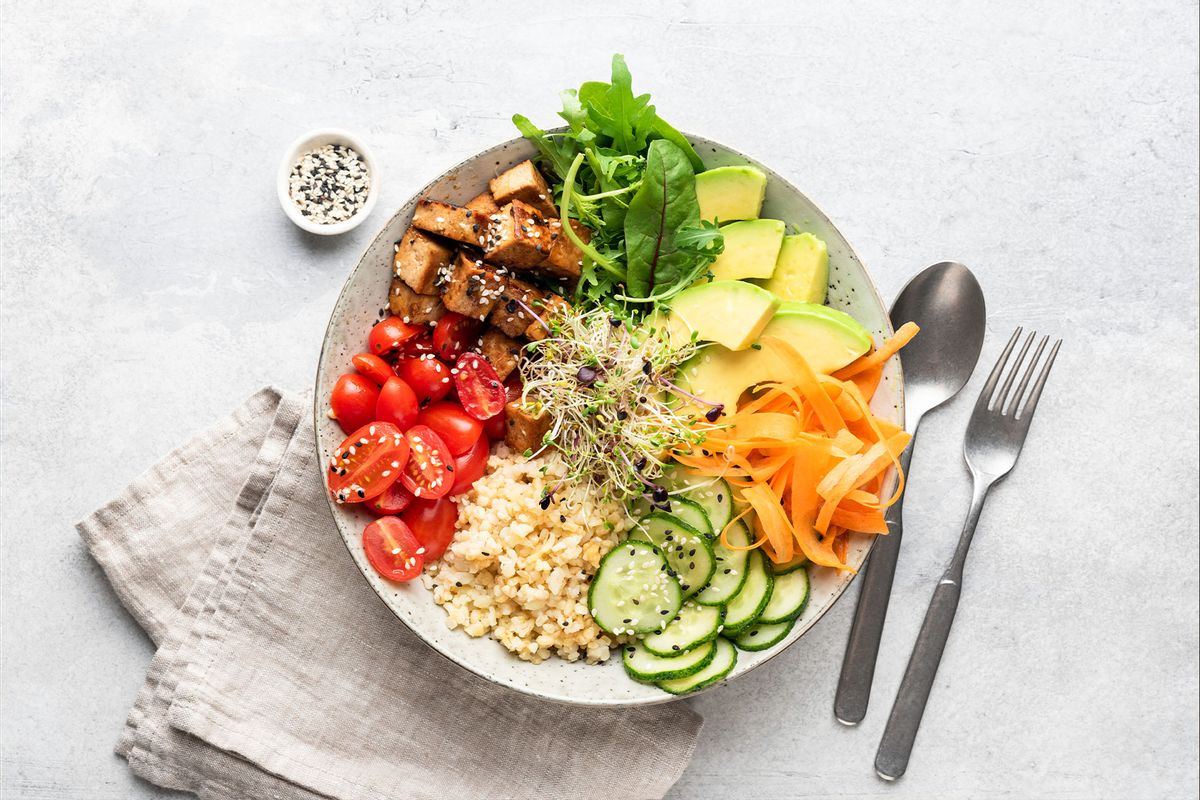
** Click here to read the full-text **





